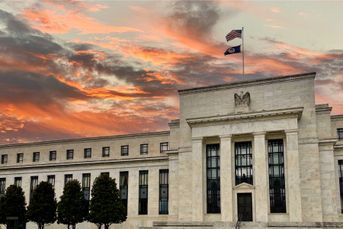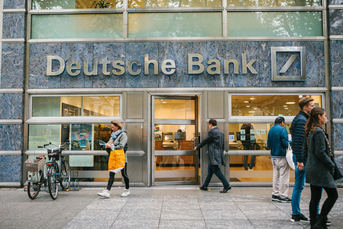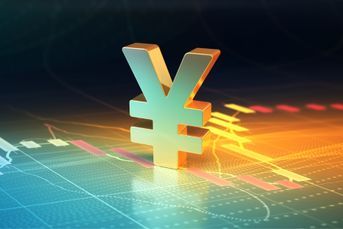Markets got you confused? You’re not alone

Over the past few weeks, Credit Suisse's global equity strategist has met with customers in the U.S., Europe, and Asia. The takeaway is that everyone is baffled.
Credit Suisse’s Andrew Garthwaite has been talking to his (confused) clients.
Over the past few weeks, the Credit Suisse global equity strategist and his team have met with customers in the U.S., Europe, and Asia. The takeaway is that everyone is baffled by the market.
Following meetings with clients in the U.S., Europe and Asia over the past few weeks, we make the following observations: Confusion: Never have we seen so many clients who just do not know what is happening and have cashed up. … The wall of bearishness was extreme in the U.S. – roughly 80% of meetings – but much more balanced outside the U.S. (maybe because markets started to rally in the meantime). Often in the U.S., the question was ‘why isn’t this a bear market?’ In Asia, on the other hand, most investors were less concerned about China (though we have always found the closer you get to China geographically, the less concerned investors are about China).
Sure, the markets have been more volatile lately and nobody can seem to agree on when the Federal Reserve will finally move off of its zero interest rate policy, but there are a number of other reasons investors wanted to move to cash until the future is a bit clearer. Some of the key concerns below.
1. China’s hard landing: The No. 1 topic, according to Mr. Garthwaite. “Clients agree that ‘real’ data (even on the consumer side) are consistent with just 3-4% GDP growth. China has never faced a downturn when it has been this large (32% of global GDP growth and circa 30% of global capex) and has had such excess in investment, credit and real estate,” he notes. Also on the long list of China worries: the degree of zombie capital sloshing around the economy, foreign debt, and the uncertain direction of the renminbi.
2. Declining global growth: In Credit Suisse’s most recent investor survey regarding growth, pessimism was extremely high, nearing an all-time record, in fact. While much of that has to do with China and emerging markets, Mr. Garthwaite said, there is growing worry over the impact on other economies: “China and emerging markets were identified as the main source of growth weakness, however, there were increasing concerns about an inventory-led soft-patch in the developed world, in particular the U.S.”
(More: Alternative investments can do what stocks and bonds can’t)
3. The effectiveness of quantitative easing: A growing number of investors don’t think central bank bond-buying is doing much, if anything, for the global economy at this point. The view that QE is not working and has run out of steam is “consensus,” Mr. Garthwaite said, though he and his team disagree “on both counts, but agree that a move to QE to finance infrastructure would require more of a growth shock.”
4. A smaller piggy bank of FX reserves: One of the new concerns that was discussed was the $0.5 trillion decline in [foreign exchange] reserves, with this already being likened (by some) to monetary tightening. Credit Suisse again doesn’t think this is the case, since 80% of the fall has to do with China and is being sterilized, meaning it’s being offset by more domestic liquidity.
(More: Bearish real estate market creating opportunities for REITs, investors)
5. Hostile politicians: A number of clients were worried that politics are becoming “less capitalist-friendly,” Mr. Garthwaite said. “Ultimately, this needs to be monitored, but we feel that without capital controls or global co-ordination it is hard to unilaterally raise tax rates.”
Two things that barely came up? European and U.S. politics.
The Greek, Catalan and Portuguese elections sailed by without a flicker of interest. The need to raise the U.S. debt ceiling and the upcoming U.K. referendum on whether to stay in the E.U. each only had one question. Similarly for Russia’s involvement in Syria.
In sum, Mr. Garthwaite notes, clients are very focused on risks in global markets which are admittedly “abnormally high.” But, the analyst says, so is reward, with the equity risk premium now at 5.8%. “We would agree, however, that visibility is abnormally low,” Mr. Garthwaite concludes.
Which probably doesn’t help already confused investors that much.
Learn more about reprints and licensing for this article.








